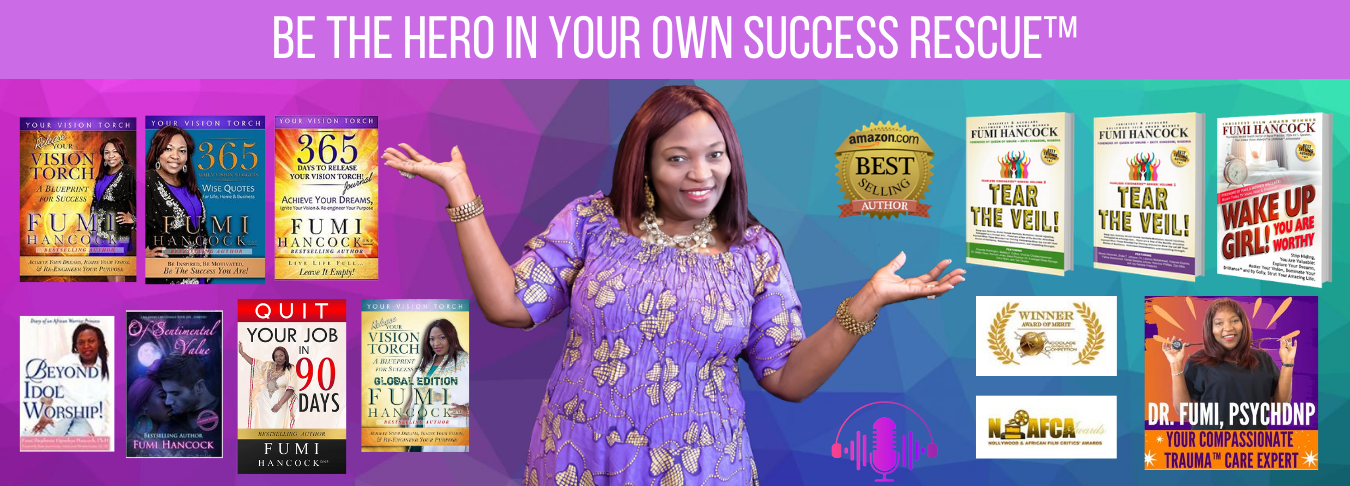 This blog is all about decisions—a decision that could take you to the next level—a decision that could allow your business to grow. I have put together four reasons why you should consider a ghost writer. These four reasons are a checklist. I want you to look over them and place a check against the reasons that would simplify your business life and give you time to grow, expand and become bigger. If you come away from this blog with three checks or more, I think you should investigate hiring a content writer—seriously. The time to act is the moment you realize action is needed!
This blog is all about decisions—a decision that could take you to the next level—a decision that could allow your business to grow. I have put together four reasons why you should consider a ghost writer. These four reasons are a checklist. I want you to look over them and place a check against the reasons that would simplify your business life and give you time to grow, expand and become bigger. If you come away from this blog with three checks or more, I think you should investigate hiring a content writer—seriously. The time to act is the moment you realize action is needed!
Save Time
Would you rather just focus on growing your business? Hiring a ghost writer for your blog will free up some time so you can use your talents more effectively elsewhere. If you are spending more time creating content than you are spending bringing in new business, you may want to adjust your priorities.
Share Excellence
You may not be a great writer, but the business demands excellence. Perhaps you don’t need a ghost writer to take over your blog from start to finish; maybe you just need someone to proofread and edit your content before publishing. A good editor can help you fix your grammar and spelling, be more concise, and better organize your thoughts.
Cultivate Talent
You should try to update your blog with brand new content once a week. In order to keep coming up with relevant topics, you need to be clued into your industry, monitoring the mindsets of your readers, watching trends. It’s certainly an ongoing process. Some people are better at this than others. Sometimes you just don’t have the time. Sometimes you need to delegate. Again, you may not need a ghost writer to handle all your blog responsibilities… maybe you just need someone to research and brainstorm ideas with you.
Social Media Manager
Once your blog is written and published, you’re going to want to generate interest and attract new followers. This means posting on various social media, publishing an e-newsletter, monitoring and responding to comments, talking about your blog at networking events, maintaining a subscriber list, and anything else that will help get the word out. Remember, when it comes to blogging, you can’t rely on an “if you build it, they will come” mentality; someone has to constantly be plugging your blog and getting more eyeballs on it. It’s a full time job.
YOUR VISION TORCH Series
Achieve Your Dreams, Ignite Your Vision, & Re-engineer Your Life Purpose
More blog articles at www.yourinneryou.com
Dear Princess Column at: www.sentimentalnursewriter.com
Download your free sample here







